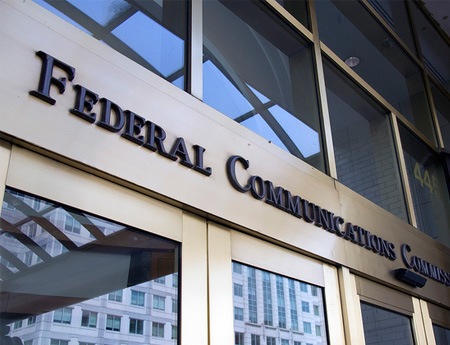Liberman Broadcasting: Comcast Complaint Response Is Exercise in Evasion

The smarter way to stay on top of broadcasting and cable industry. Sign up below
You are now subscribed
Your newsletter sign-up was successful
Liberman Broadcasting says Comcast has not made a case for why the FCC should dismiss its carriage complaint against the cable operator and that, instead, a compelling case remains for the FCC to take action.
"Comcast’s answer distills to nothing more than an unavailing exercise in misdirection and evasion, premised on a misreading and misapplication of governing law," it told the FCC.
That came in its reply to Comcast's June 8 response to Liberman's April 8 program carriage complaint.
In a filing June 7, Comcast told the FCC that Liberman Broadcasting's (LBI) program carriage complaint related to the MVPD's dropping of three TV stations fails on three grounds: 1) As a broadcast network (Estrella TV), Liberman is not authorized to bring a carriage complaint, which is confined to cable networks (Comcast's negotiations were instead covered by must-carry, retrans regime); 2) Comcast's request for digital distribution rights as a condition of carriage is not a demand for a financial interest in Estrella; and 3) the complaint was filed beyond the statute of limitations.
LBI argues that it has presented "clear and compelling evidence" that Comcast discriminated against Estrella TV to favor its Spanish-language networks, Telemundo and NBC Universo, including by "unlawfully" demanding digital rights. It claims Comcast is in violation both of program carriage rules and NBCU deal conditions.
In its June 27 reply comments, Liberman said nothing Comcast said changes the fact that there is a "clear" case for a full FCC hearing.
It said it clearly meets the definition of a video program vendor eligible to bring a complaint given that Estrella TV produces most of its own programming. It also said it remained clear that Comcast "unlawfully required LBI relinquish the digital rights to its own content as a condition of carriage."
The smarter way to stay on top of broadcasting and cable industry. Sign up below
And while Comcast said it had simply made a reasonable decision not to carry the network and that it was not related to favoring its own nets, Liberman said that didn't wash, either.
"Comcast’s treatment of Estrella TV does not reflect a rational commercial negotiation," it told the FCC, "as evidenced by distribution agreements Estrella TV has in place with every other major MVPD in the country. Only Comcast has refused to reach a fair deal to carry Estrella because only Comcast owns two competitor networks.
Liberman also said the complaint was filed in time and that Comcast is trying to rewrite the timetable.
The commission has 60 days to decide whether to designate the complaint for hearing, according to a Liberman spokesperson.
Contributing editor John Eggerton has been an editor and/or writer on media regulation, legislation and policy for over four decades, including covering the FCC, FTC, Congress, the major media trade associations, and the federal courts. In addition to Multichannel News and Broadcasting + Cable, his work has appeared in Radio World, TV Technology, TV Fax, This Week in Consumer Electronics, Variety and the Encyclopedia Britannica.

